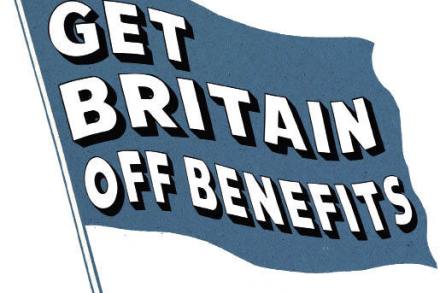Make work pay – for all
Stephen Brien explains how Britain’s welfare system must change Welfare dependency is one of the most pernicious problems facing modern Britain and its deprived communities. When William Beveridge was planning the welfare state, he spoke about the giant evil of idleness: not just a waste of economic potential, but of human potential too. The tragedy is that his welfare system has gone on to incubate the very problem it was designed to eradicate. It was intended to support those who were unable to work, or for whom there were no jobs. But the benefits system now actively discourages people from taking a job, or working more hours. For millions, welfare















